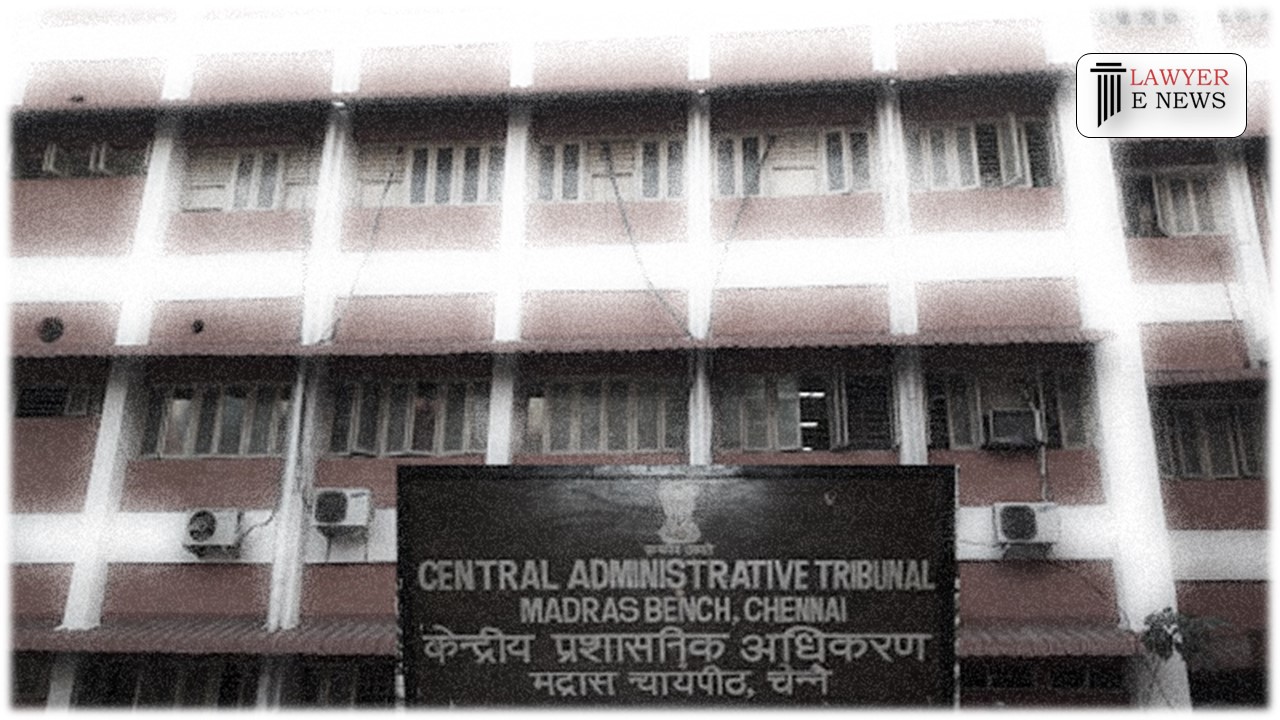-
by Admin
15 February 2026 2:36 AM



In a significant ruling, the Kerala High Court yesterday clarified the legal position regarding the sentencing duration for default in the payment of maintenance under Section 125 (3) of the Code of Criminal Procedure. The court, presided over by the Honourable Mr. Justice C.S. Dias, dismissed a revision petition challenging the decision of the Family Court, Kalpetta, which sentenced the petitioner to ten months of imprisonment for failing to pay 28 months of maintenance arrears.
In his detailed judgment, Justice Dias quoted, “the maximum sentence that can be imposed under Section 125 (3) of the Code is a month’s imprisonment for every month’s default and not a maximum of a month’s imprisonment for the total default.” This statement has provided much-needed clarity on the interpretation of Section 125 (3), a provision that has seen varied interpretations across different legal forums.
The case, RPFC NO. 462 OF 2023, revolved around the petitioner, Rijas M.T., who was sentenced by the Family Court for not paying the maintenance amount to his wife and two minor children. The petitioner’s counsel argued that the Family Court’s decision was erroneous, stating that it exceeded the jurisdiction by sentencing the revision petitioner to imprisonment for a period longer than one month. However, the High Court held that the Family Court acted within its rights.
Justice Dias emphasized the importance of maintenance in ensuring financial support to the dependents, underscoring the severity of defaulting on such obligations. He also addressed the procedural aspects under Section 421 of Cr.P.C, particularly in the wake of the Rajnesh v. Neha judgment, which necessitates affidavits of disclosure in maintenance applications.
Date of Decision: 15th November 2023
Rijas M.T. VS Hafseena M
